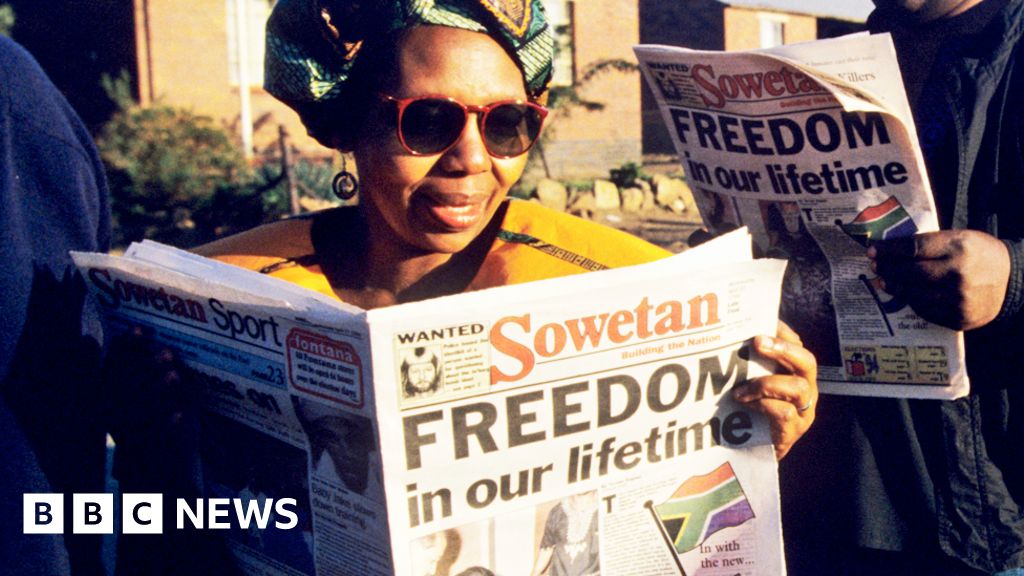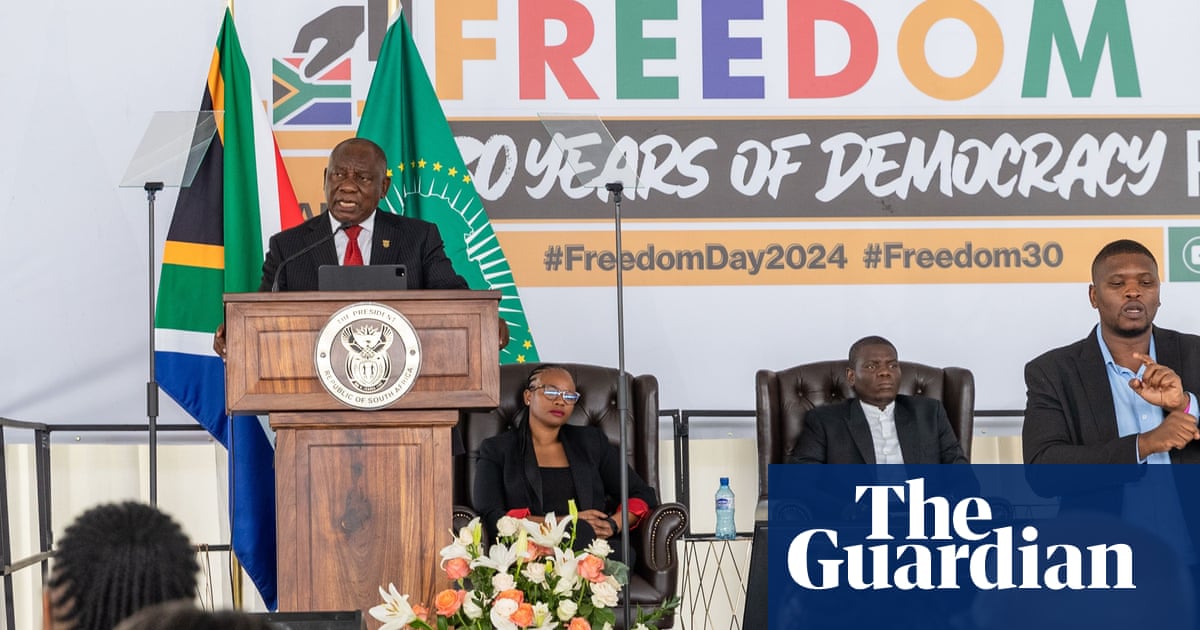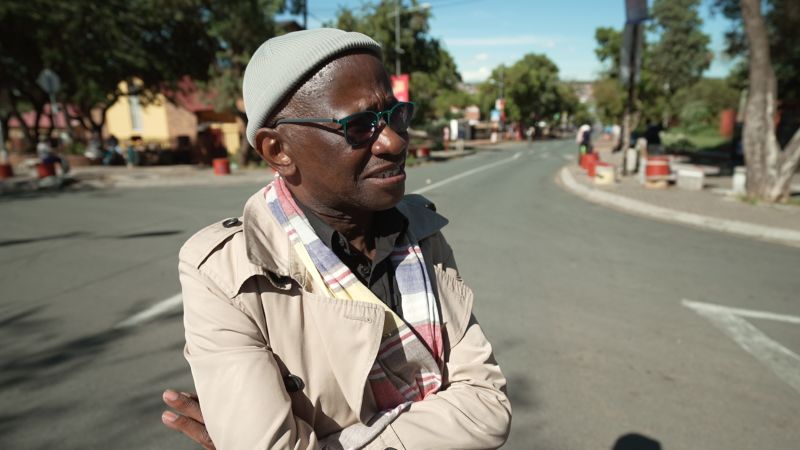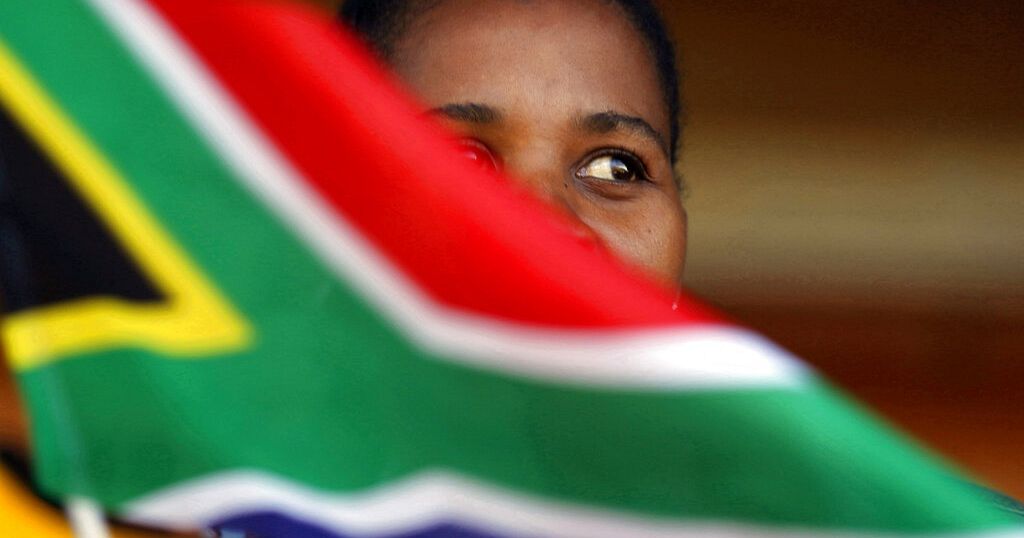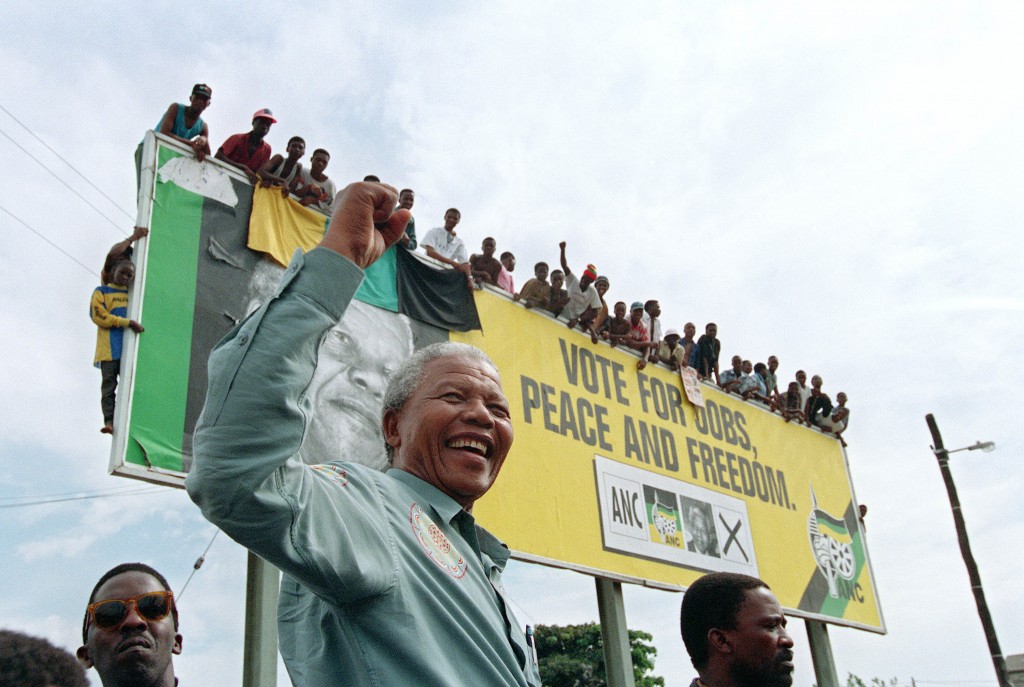Three decades have passed since South Africa’s victory over apartheid, a brutal system of racial segregation that plagued the nation for generations. The journey from oppression to democracy was by blood, sweat, and tears of activists and ordinary citizens who dared to challenge the status quo. Today the nation commemorates 30 years of democracy.

Also Read: Lost Gustav Klimt Painting Sells for €30 Million at Auction
Apartheid, meaning “apartness” in Afrikaans was a system of institutionalized racism that divided people along racial lines, with the white minority exerting control over the non-white majority.
The policies of apartheid enforced strict segregation in all aspects of life from housing and education to employment and public amenities.
Black South Africans in particular endured living conditions, limited educational opportunities, and economic marginalization.
From the Sharpeville Massacre in 1960 to the Soweto uprisings in 1976, Black South Africans courageously took to the streets to demand equality and justice.
Many rallied behind their cause, imposing sanctions and isolating the apartheid regime. Nelson Mandela, an icon of the struggle, spent 27 years behind bars before emerging as the symbol of the country.
The democracy on April 27, 1994, a turning point in the country’s history. For the first time, all citizens, regardless of race, were granted the right to vote in free and fair elections.
Nelson Mandela’s inauguration as the country’s first Black president symbolized the triumph of hope over despair, unity over division.
The African National Congress (ANC), once a banned liberation movement now assumed the reins of power, tasked with the challenge of building a united nation from the ashes of apartheid.
Economic disparities persist with the majority of wealth concentrated in the hands of a privileged few. Unemployment rates remain high particularly among Black South Africans.
Decades of underinvestment and neglect have left many schools in disrepair, with inadequate resources and overcrowded classrooms.
Also Read: 3,400-Year-Old Stolen Statue of King Ramses II Returns to Egypt
While strides have been made in increasing access to education, quality remains a pressing issue. International assessments with students consistently ranking among the lowest in literacy and numeracy skills.
Corruption has emerged as a threat to the country’s democracy, undermining public trust and eroding confidence in the government.
Allegations of graft and malfeasance have plagued institutions, including the education sector, where a culture of patronage has compromised meritocracy.
Over 80% of 9- to 10-year-olds struggle to read for meaning. While efforts are underway to prioritize early childhood education and instruction in learners’ mother tongues, challenges persist due to corruption, politicization, and a lack of political will.
Black South Africans continue to bear economic hardship, facing high unemployment rates and limited access to resources.
Government initiatives aimed at addressing economic disparities, such as the Employment Equity Amendment Bill.
Housing remains as an issue in post-democracy. While efforts have been made to provide subsidized housing millions still languish on waiting lists perpetuating cycles of poverty and inequality.
Also Read: Prehistoric Sea Reptile Discovered from Fossil Find

